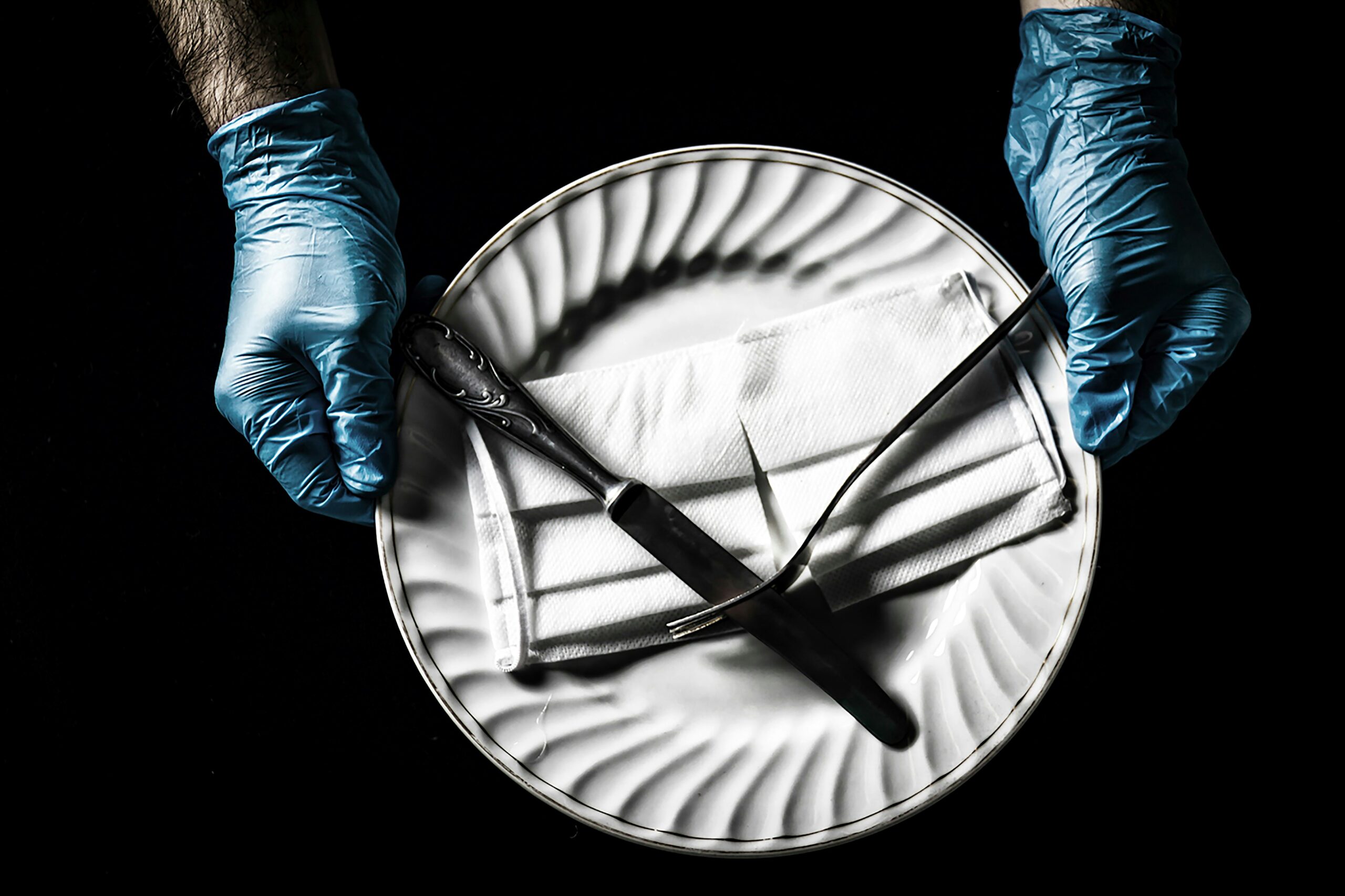
The Modern Double Life of a Surgeon-Scientist
Being a surgeon-scientist is a balancing act worthy of an Olympic medal. On one side, there’s the intensity of the operating room — fast decisions, high stakes, long hours. On the other hand, the quiet persistence of research hypotheses, experiments, and data that refuses to cooperate. The combination isn’t for the faint-hearted, but it’s also what makes this path so unique and fulfilling.
Yet, the biggest challenge isn’t just technical skill or intelligence — it’s time. Time is the currency surgeon-scientists trade in every day, and managing it effectively can make the difference between burnout and brilliance.
The Realities Behind the White Coat
Let’s be honest: the schedule of a surgeon is already punishing. Add research, teaching, and perhaps family responsibilities, and suddenly 24 hours seem woefully inadequate. The average surgical day starts before sunrise and can stretch into late-night charting or post-op reviews. When, then, does research fit in?
That’s the first truth every surgeon-scientist has to face — there’s no “perfect balance.” Instead, there’s a strategic compromise. It’s about knowing which hat to wear and when. Some weeks may be research-heavy; others may belong entirely to patients. Flexibility, not rigid scheduling, is the key to surviving and thriving in this dual career.
Building Time Blocks That Actually Work
One powerful strategy many successful surgeon-scientists use is time blocking — dedicating fixed chunks of time to specific tasks. Instead of squeezing research in “when there’s time,” they protect those hours like sacred appointments. For example, blocking Friday mornings for lab work or early mornings for manuscript writing can transform output.
It’s not about working longer; it’s about working deliberately. Even short, consistent sessions — say, an hour of writing three times a week — add up to more progress than waiting for a mythical “free day” that never comes.
And here’s a secret: the best time block is the one you’ll actually keep. So schedule around your natural energy peaks — whether that’s dawn coffee-fueled focus or post-surgery calm.
Saying “No” Gracefully — and With Purpose
If there’s one skill surgeon-scientists need more than a steady hand, it’s the art of saying no.
The academic world is full of requests: committees, reviews, talks, collaborations. While these can seem like opportunities, they’re also time traps. Every “yes” is a “no” to something else — often your own projects or your own rest.
Learning to decline respectfully is essential. You don’t have to justify or overexplain. A simple, “I’m honored, but my current commitments don’t allow me to give this the attention it deserves,” works wonders. Protecting your bandwidth isn’t selfish — it’s professional self-preservation.
The Power of Micro-Moments
Not all productivity happens in large, uninterrupted blocks. Sometimes, it’s about micro-moments — the 15 minutes between cases, the train ride home, the quiet half-hour before bed.
These snippets can be surprisingly productive if used intentionally: jotting down research ideas, reviewing literature, or outlining a paper. Modern tools help too — dictation apps for quick notes, cloud-based project boards, or reference managers that sync across devices.
By reclaiming these lost minutes, surgeon-scientists can make progress without feeling like they’re working nonstop.
Collaboration: The Ultimate Time Multiplier
Here’s a comforting truth — you don’t have to do it all alone. Collaboration isn’t just intellectually rewarding; it’s a time management strategy. Partnering with skilled researchers, statisticians, or postdocs can free up hours while improving the quality of your work.
In surgery, teamwork is instinctive — scrub nurses, anesthetists, and residents all function as a coordinated unit. That same spirit should extend to research. Building a team you trust allows you to delegate effectively, focus on your strengths, and keep projects moving even when clinical demands spike.
A well-run lab doesn’t need your hand in every detail; it needs your vision steering the ship.
Rest Is Not a Luxury — It’s a Strategy
Ironically, the best way to manage time isn’t to fill it, but to protect rest. Many surgeon-scientists push through fatigue, convincing themselves they’ll “catch up later.” But chronic exhaustion isn’t a badge of honor — it’s a performance killer.
Sleep, exercise, and downtime fuel both surgical precision and creative problem-solving. Taking a weekend off doesn’t mean losing time; it means gaining clarity. As one neurosurgeon once put it, “My best research ideas don’t come from the lab — they come from walks with my dog.”
Recovery isn’t separate from productivity; it’s part of it.
Redefining Success on Your Own Terms
In a world that celebrates overwork, it’s easy to equate busyness with success. But for surgeon-scientists, the real win lies in impact, not in hours clocked. Did your research change a protocol? Did your patient outcomes improve because of your studies? Did you mentor a resident who’ll push the field forward?
Those are the metrics that matter. And they often come from being selective, not from doing everything.
True time management isn’t about squeezing more into your day — it’s about making sure your days align with what actually matters to you.
The Balancing Act Never Ends — And That’s Okay
The balance between surgery and science isn’t a finish line; it’s a dynamic process that evolves with every stage of your career. Early-career surgeons might lean more on clinical practice, while senior scientists may pivot toward mentoring and research. The trick is to stay aware, adjust often, and give yourself grace when one side takes precedence.
Being both a healer and a discoverer is a rare privilege. It’s demanding, yes, but also deeply human — a reminder that progress in medicine doesn’t just happen in the operating room or the lab, but in the delicate dance between the two.
mastering time as a surgeon-scientist isn’t about perfection. It’s about intention. Each decision — to focus, to delegate, to rest — shapes not just your career, but your legacy. After all, the best breakthroughs often come not from having more time, but from using the time you have with purpose and passion.